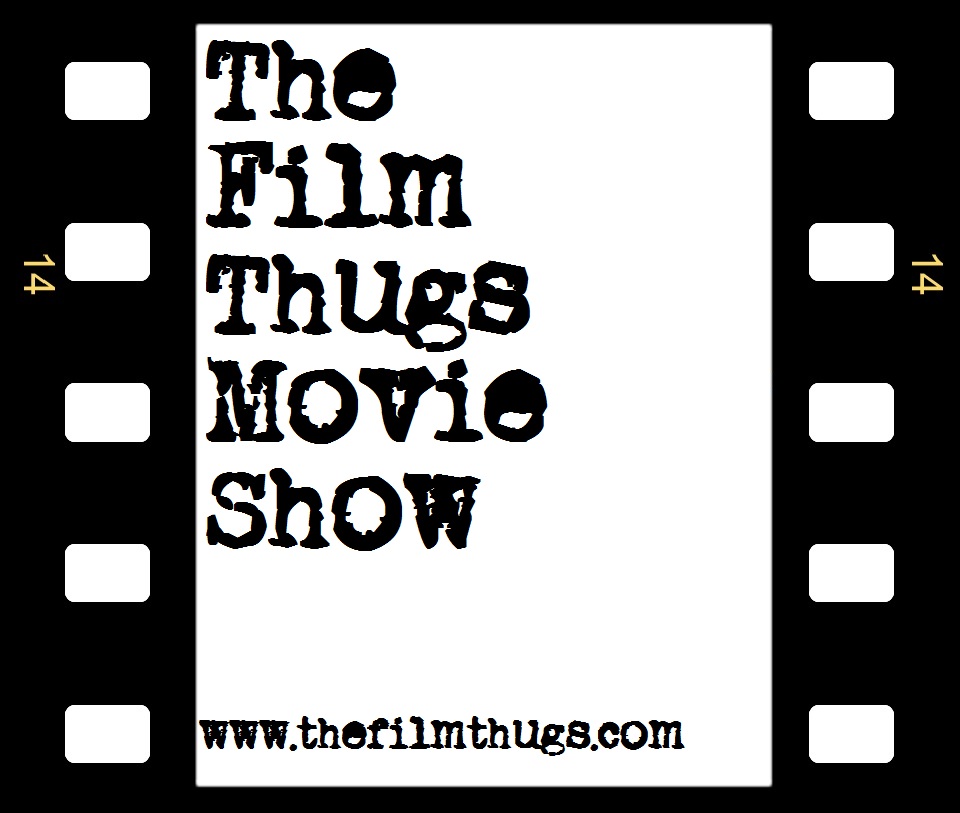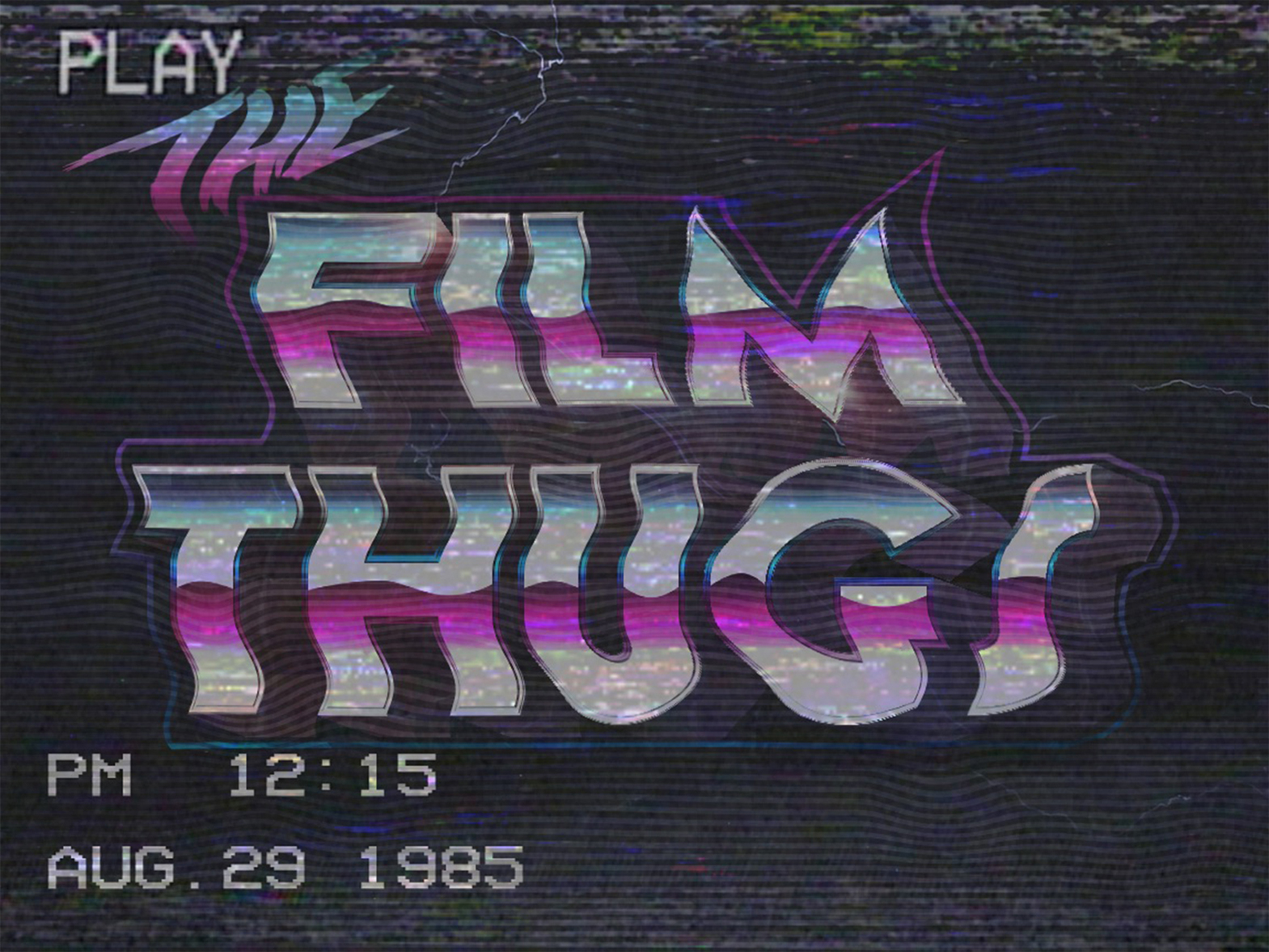Episodes

Monday Apr 23, 2012
At long last... Jim reviews the Psycho remake.
Monday Apr 23, 2012
Monday Apr 23, 2012
Psycho Remake
Comedian Craig Ferguson one said that you should ask yourself three questions before you say anything.
1) Does this need to be said?
2) Does this need to be said, right now?
3) Does this need to be said, right now, by me?
Good advice, and advice that I tend to heed more often than not.
I feel that variations of these questions need to be asked before undertaking a remake, especially of a classic. Instead they should read:
1) Does this film need to be remade? (was there something lacking from the original, or has it fallen from public consciousness enough to make a remake necessary, has the world changed enough that a new look at this subject matter would benefit it)
2) Does this film need to be remade, right now? (Is there some pressing social or political issue that can be addressed by remaking this film, is there a new audience that would appreciate a new look at it)
3) Does this film need to be remade by me? (is there something special that I bring to the table either visually or thematically that makes me the person to bring such a vision to the world)
Sadly, in the case of Gus Van Sant’s “Psycho” remake, the answer to all three is “no.”
Before I go on, I want to address a criticism that some will level at me on this. Yes, I am a Hitchcock fan, but I am not a “hater,” yes I hate this movie, but I am not a “hater.” You see, the term “hater” is what you call someone when your over inflated sense of unearned self worth that was instilled in you when nobody told you that a “Participant Trophy” is no the same thing as an “MVP Trophy” cannot handle someone disliking what you dislike. So, instead of facing that someone has a different opinion than you, and that gasp mayhaps you aren’t right all the time, you marginalize the critic so you can disregard their criticism. Sorry, “Whitney” is a bad show, the Star Wars Prequels suck, and dubstep is horrible. Someone disliking things you like isn’t an indictment of you, it just means that someone has a different opinion and dismissing that might make you feel better, but it also makes you look weak. So… there.
For starters, “Psycho” is one of the most iconic films ever made by one of the most iconic filmmakers ever to make them. From the music to the performances to the visuals… people who don’t know this movie somehow still know this movie. Granted, that knowledge is generally misguided (Norman Bates doesn’t hit the screen until almost an hour into it, and there are only two killings), but they still know it.
So, the question is “Why?”
I kept asking myself this question over and over again during my viewing. Why? Why would Gus Van Sant, a very original and somewhat daring filmmaker, cash in his Oscar nomination chip to do a shot for shot remake of one of the most recognizable films ever? What could he possibly stand to gain?
From the beginning, when the project was first announced, I didn’t know what to make of it. My sister and I held the same opinion, this is what a film school student does for a director study assignment, this isn’t what an established filmmaker does.
I went further and stated that all he would do is draw unflattering comparisons and show the deficiencies in his own work.
Granted, I am an unapologetic Hitchcockian. I love his work unconditionally (even the ones I don't like) and have the man's trademark silhouette tatooed on my arm. So, know upfront that this movie had the deck stacked well against it from the get go.
So, now that I’ve seen it, what is my opinion?
Well… it was an interesting student film that, despite having some good performances and interesting moments, highlighted the difference between a filmmaker and a master filmmaker.
The problem is that this is a completely unnecessary film. Were it a straight remake it would make sense, but doing it shot for shot is utterly baffling. If you aren’t going to make it your own what is the point of doing it. It’s creatively bankrupt.
Let me show you what I mean by comparing the two.
Cinematography
Original- Crisp black and white. It’s moody and creates a lot of really great tension. The shot selection in this film is legendary and set the standard for this type of filmmaking.
Remake- Well… it’s in color, which takes a lot of the moodiness out of it. The sky behind the Bates house looks amazing, but other than that it looks just like the original. There is nothing expressive about this. It doesn’t feel organic, every shot is there because it has to be, not for the story, but because it’s a shot for shot remake. The addition of color actually weakens some of the scenes, in particular the shower scene. Instead of an incredibly effecting montage it feels like an editing project. Oh, and the shower scene was severly harmed by the inclusion of a needless shot of Anne Heche’s butthole. Watch it again, there is all kind of butthole in this piece.
Advantage- Orginal
Music
Original- Bernard Hermann’s score for this film is one of the most recognizable and powerful ever recorded. It is innovative, emotive, and legendary for a reason.
Remake- They used the exact same music, so…
Performances
Original- I am a big Hitchcock fan and were I asked what the best performance in a Hitchcock film was I would reply, without delay, hesitation, or doubt that Anthony Perkins performance as Norman Bates takes that title HANDS DOWN! He is understated, charming, disarming, but has that slight… off centeredness that makes the character so amazing.
Janet Leigh, Vera Miles, and Martin Balsam give solid performances. Nothing revolutionary or career defining in terms of actual acting (Leigh is defined by this film though), but solid acting.
The rest of the performances are good, but feel dated today. It was the 60’s and acting was a bit more formulaic at the time, so watching it with our current method acting lense it comes off stiff.
Remake- Vince Vaughn does a very good job, but the performance feels off. He doesn’t have the disarming charm of Perkins. Instead he comes off much more intense and close to the edge. It’s hard to really judge this performance fairly because it is standing in a MASSIVE shadow. Every time he was on screen I kept thinking of how much more restrained and powerful Perkins was. This is the heart of the problem with a remake like this, it’s almost impossible not to draw this type of comparison because you could play them side by side. So, when I say that during the scene where he disposes of the car Vaughn’s face is too menacing and calculated, I have a direct point of comparison.
Heche, butthole not withstanding, does a good job, but nothing remarkable.
The rest of the cast is outstanding and is, in many ways an improvement on the original.
Advantage- Original (Lead), Remake (supporting)
Themes
Original- This was fairly revolutionary for the time. The idea of serial killers and psychotics was still novel and hadn’t been done to death. Also, the sexuality was fairly bold and revolutionary for the time.
Remake- Felt recycled. Not just because… well, it was, but because it didn’t add anything new. The original was shocking because it was original subject matter, by the time of the remake the themes and subject had been explored countless times, some good, some terrible. But to make the exact same film again… what was original now feels derivative, what was fresh is now stale, what was revolutionary is now repetitive.
Advantage- Original
Style
Original- This was the work of a master filmmaker during the strongest period of his career. During a six year period he made “Rear Window,” “Vertigo,” “North By Northwest,” plus a few minor films. The man was on fire, so to speak, and was creating masterpieces like that was the only kind of film you could make. This was subtle and handled with a deftness of touch that most storytellers can only dream of.
Remake- There were a few differences I was aware of, and they made a pretty big difference. First is the performance of Vaughn. His performance was too big. Norman was quiet and seemed harmless, even when he is angry with Marion it’s a simmering anger. Vaughn comes off threatening, and that doesn’t work. His awkwardness is showy and his emotions are too obvious. You need to feel his vulnerability for his character to work. One could blame the actor, but I feel this falls more at the feet of the director, if you can’t get a better performance then don’t tackle the project.
Then you have two other slight changes that I think harm the film greatly. First is the scene where he watches Marion through the wall. In the remake he masturbates while he does it. This slight change turns it from unsettling and creepy to perverted and gross. It adds nothing to the scene and makes Norman off putting. Hitchcock was able to achieve a similar effect without using the obvious sex act and it made Norman creepy, but still somewhat accessible.
The second is the shower scene. If Van Sant says that he has had a more daunting task than this in his career, he’s lying. Recreating the shower scene from Psycho is like trying to recreate the Mona Lisa, even attempting it is an act of incredible hubris that I can’t wrap my head around, and it is destined for failure.
Everything about it felt off. The music didn’t feel on cue, the montage of stabbing felt like some bad student art film from East Germany, and it holds too long on Marion falling, giving us a whole lot of butthole (sorry I keep mentioning it, but it’s pretty distracting). The horror of the scene is enough already, you don’t need to hold on that shot, get to the blood and the drain and the eye.
Also, by going shot for shot Van Sant chained himself to filmmaking methods that feel dated. The voice over and much of the dialogue, though very effective in the original feel completely out of place in modern filmmaking.
Advantage- Original
So, Hitch throws a shutout, which is no surprise.
The Van Sant remake of “Psycho” is an exercise in frustration. Here you have a very good filmmaker fresh off his biggest success, cashing in his “make whatever film you want in the wake of your Oscar nomination” chip on a completely unnecessary remake. Before seeing it I was afraid it would feel like an experiment that would play like an unnatural student film and would only highlight Van Sant’s shortcomings. While I wouldn’t say it made him look bad it certainly didn’t do him any favors. But more than anything this made me appreciate the original that much more.
Call Tarantino a thief all you want, but at least when he steals things he does so in an original and interesting manner. The remake of Psycho is all of the theft, and none of the artistry. In the end, it is worse than a bad film, it is a wholly unnecessary one.


No comments yet. Be the first to say something!